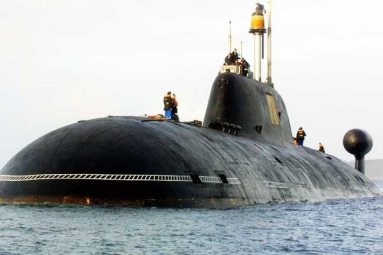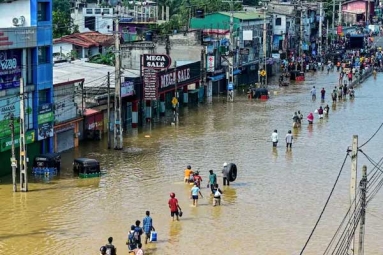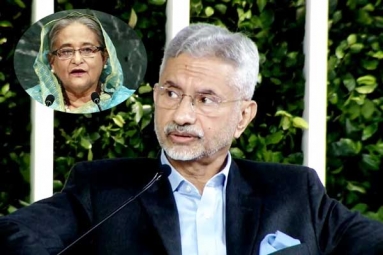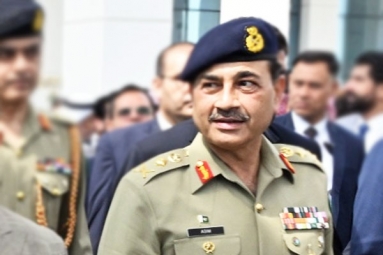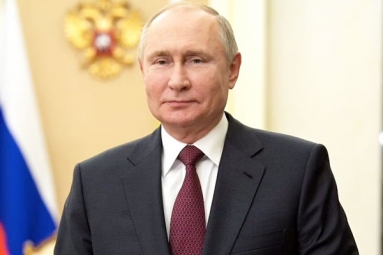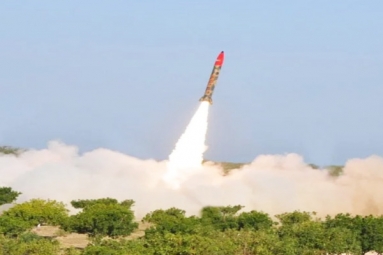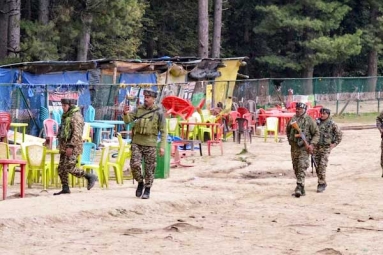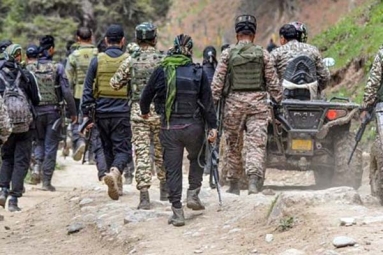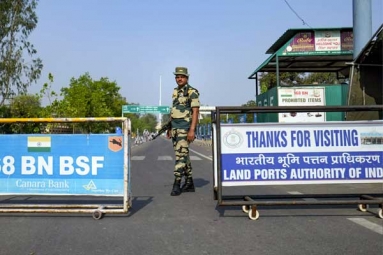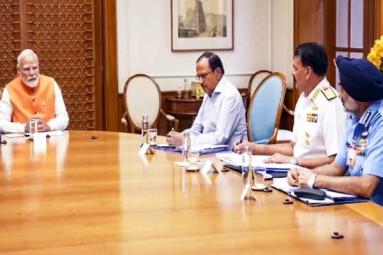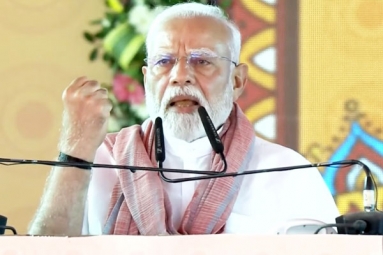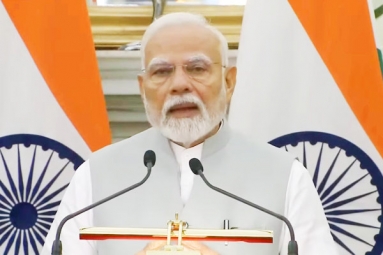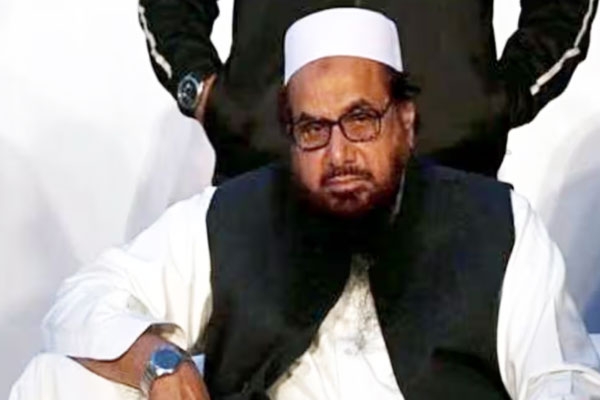
(Image source from: Zeenews.india.com)
The recent terrorist incident in the Baisaran valley close to Pahalgam, which tragically resulted in 26 fatalities, has spotlighted a long-established terror network operating within Jammu and Kashmir. This assault stands out as one of the most lethal since the abrogation of Article 370 in 2019 and has prompted a significant diplomatic and security response from the Indian government towards Pakistan, which is accused of sheltering the orchestrators and supporters of this terrorist faction. The attack was executed by a hardened group associated with the banned Lashkar-e-Taiba (LeT) organization, primarily composed of foreign militants, alongside local insurgents and overground workers, all under the influence of Hafiz Saeed, the mastermind behind the 2008 Mumbai attacks and chief of the Lashkar.
As reported by sources, this specific terror module has been operational in the Kashmir Valley for an extended period. Security experts suspect it has orchestrated various notable attacks throughout the region, including incidents in Sonamarg, Boota Pathri, and Ganderbal. In October 2024, a terror strike at Boota Pathri led to the deaths of four individuals, including two soldiers from the Indian Army. That month also saw a deadly attack in Sonamarg where six construction workers and a doctor were killed. Hashim Musa, identified as a principal suspect in the Pahalgam attack, is linked to this incident. Following the killings in Sonamarg, Junaid Ahmed Bhatt, a significant player within the module and categorized as an A+ Lashkar terrorist from Kulgam, was eliminated in a clash in Dachigam in December 2024. Other members of the unit managed to escape, retreating into the surrounding forests. After major operations, these militants typically go into hiding in forested areas until they receive new directives from their controllers in Pakistan.
This module is reportedly managed directly by Hafiz Saeed and his deputy Saifullah, who are believed to be operating from Pakistan. Indian intelligence suggests that the module not only receives ideological inspiration but also logistical and tactical support from the Pakistani military and the Inter-Services Intelligence (ISI). Although the majority of the group comprises foreign fighters, several local militants and overground workers from Kashmir are integrated into it, offering assistance and camouflage.
In the attack in Pahalgam, the assailants targeted three distinct sites within the Baisaran valley. Law enforcement sources report that five individuals were killed at one site, while two others were shot in an open area, with additional victims attacked near a fencing barrier surrounding the valley. Those who managed to evade capture by jumping over the fence were spared. Survivors recounted that the perpetrators engaged them in brief conversation prior to opening fire.
On Thursday, the Jammu and Kashmir Police unveiled sketches depicting three individuals suspected of involvement in the Pahalgam attack. Among them, two are identified as Pakistani nationals: Hashim Musa, also known as Suleman, and Ali Bhai, referred to as Talha. The third individual, Abdul Hussain Thokar, hails from Anantnag in Kashmir. The police have announced a reward of Rs 20 lakh for any reliable information leading to their apprehension. On the same day, security forces located a hideout utilized by the group in the nearby forested areas.
Earlier, on Wednesday, a crisis meeting of the Cabinet Committee on Security (CCS) was held under the leadership of Prime Minister Narendra Modi. This committee, which included significant figures such as Home Minister Amit Shah, Defence Minister Rajnath Singh, External Affairs Minister S Jaishankar, National Security Adviser Ajit Doval, along with high-ranking military and intelligence officials, unveiled a series of retaliatory actions. Consequently, both India and Pakistan will reduce the personnel strength of their diplomatic missions from 55 to 30 starting May 1. Moreover, all military, naval, and air defense staff at the Pakistani High Commission in New Delhi have been declared unwelcome and must depart from India within a week, while Indian advisors stationed in Islamabad will also be withdrawn.
In a further measure, the SAARC Visa Exemption Scheme has been halted for Pakistani citizens, resulting in the cancellation of all current visas. Pakistanis in India under this arrangement are required to leave the country within 48 hours. The Attari-Wagah border crossing will remain closed indefinitely. Pakistani nationals currently residing in India have until May 1 to return to their home country. Additionally, the Indus Waters Treaty of 1960 has been put on hold by India.
On Thursday, protests erupted outside the Pakistan High Commission situated in Chanakyapuri, Delhi's diplomatic enclave, prompting a significant deployment of security forces to manage the growing crowds. Demonstrations were also staged throughout Jammu and Kashmir and in various other Indian states, expressing condemnation of the attack.



